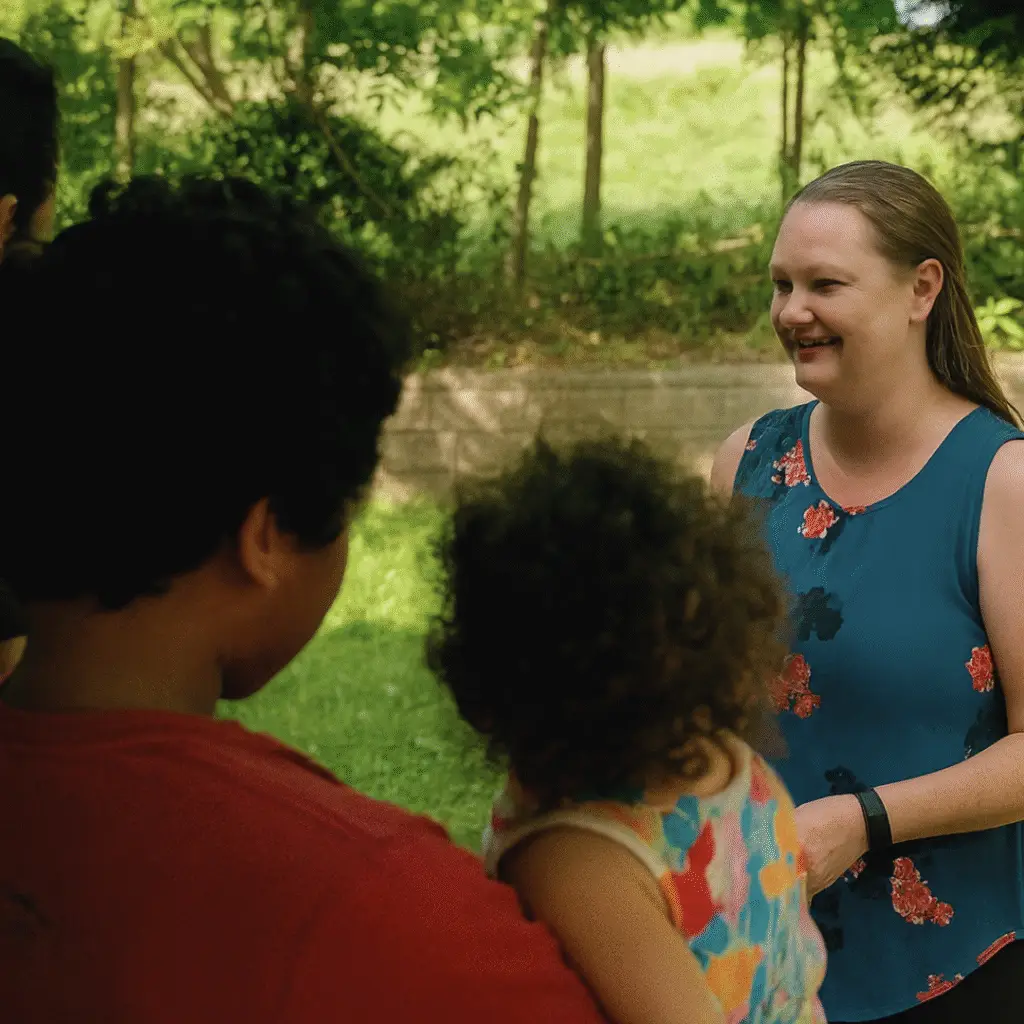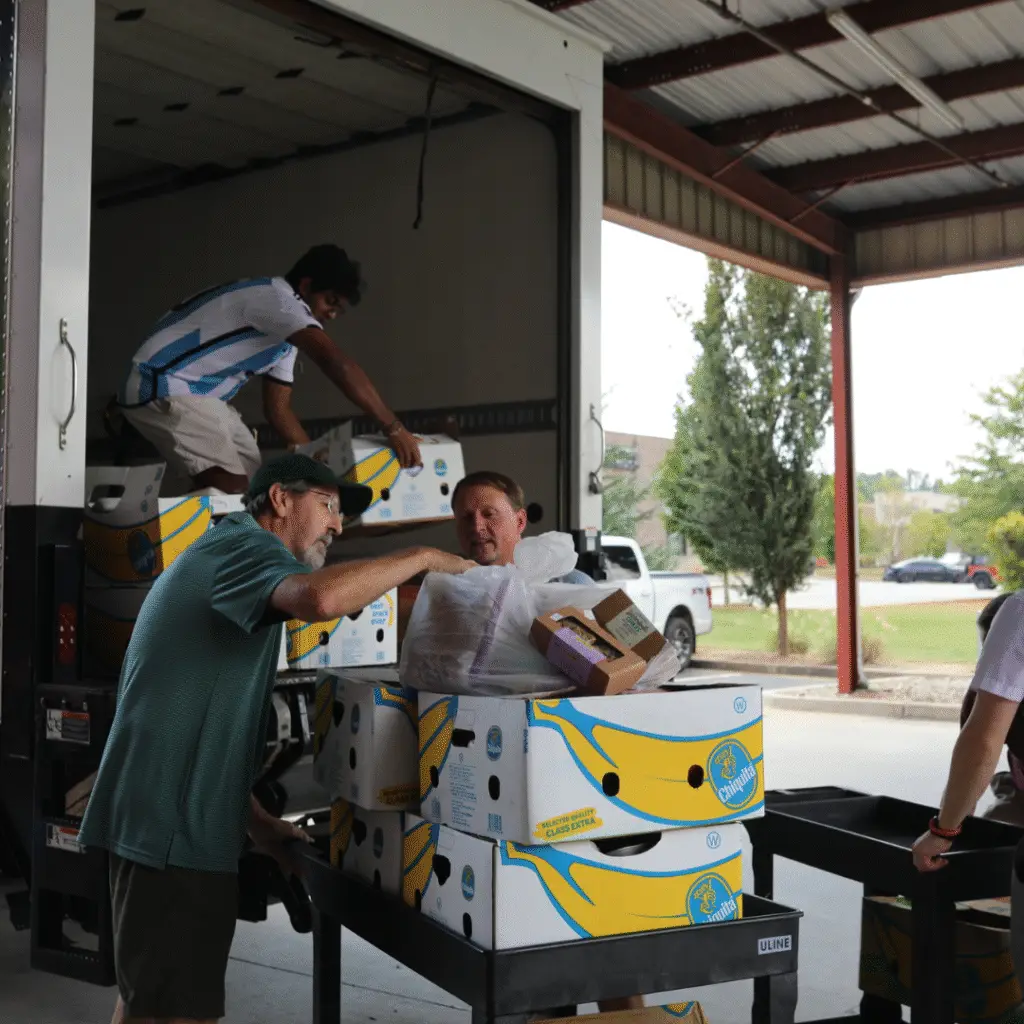When a medical crisis hits, the pain isn’t just physical—it’s emotional. And for many of the families we serve, one of the most persistent and paralyzing emotions they face is guilt. Guilt for not catching symptoms sooner. Guilt for not having savings. Guilt for asking for help. But here’s the truth: most medical hardships are out of a family’s control.
To understand how these emotional burdens fit into the broader reality of medical hardship, visit: How Medical Hardships Push Families to the Brink

Why Guilt Takes Hold
Medical guilt often stems from a false sense of responsibility. Parents blame themselves for not preventing an illness. Caregivers feel shame over not being able to afford medicine. Breadwinners question their worth after missing work due to illness. It’s a quiet, gnawing emotion that builds over time—and it can make families reluctant to seek help.
But these crises aren’t caused by poor decisions. They’re caused by broken systems, sudden diagnoses, and generational strain.
How Guilt Shows Up in Families
| Form of Guilt | Common Expression |
|---|---|
| Parental Guilt | “I should’ve noticed the signs sooner.” |
| Financial Guilt | “We wouldn’t be in this mess if I’d saved more.” |
| Caregiver Guilt | “I resent this situation sometimes—and that makes me feel awful.” |
| Survivor’s Guilt | “I got better. My spouse didn’t.” |
Guilt isolates people. It convinces them that they are the problem. And it keeps families from reaching out—just when they need support the most.
A Story That Reflects So Many Others
One story that stays with us is about a mom who was already caring for her child with special needs and her aging parents—both of whom were battling serious medical conditions—when her brother, also unemployed and struggling, moved in. She blamed herself for not being able to provide enough, for missing work, and for needing help just to survive. At one point, she confided, “I feel like I’m failing everyone.”
But she wasn’t failing. She was carrying more than any one person should ever have to carry. Ministries of Grace came alongside her to deliver groceries, coordinate support services, and help her breathe again. Over time, the guilt lifted—and was replaced by gratitude, stability, and strength.

How Ministries of Grace Helps Families Release the Guilt
We provide more than resources—we offer relief from shame. Our approach affirms dignity at every step:
- Normalizing the emotional toll through trauma-informed care
- Building consistent relationships so families don’t feel judged
- Offering practical help that restores a sense of stability
- Advocating for systemic changes so families aren’t blamed for what systems failed to prevent
We don’t just ask “What do you need?” We also ask, “How are you holding up?” And we mean it.
Why Your Support Matters More Than You Know
Every donation says to a struggling family: “You’re not alone. You’re not at fault. And you’re still worthy of care.”
👉 Join The Bridge Monthly Giving Program
👉 Make a one-time donation to help families facing the emotional toll of medical hardship






